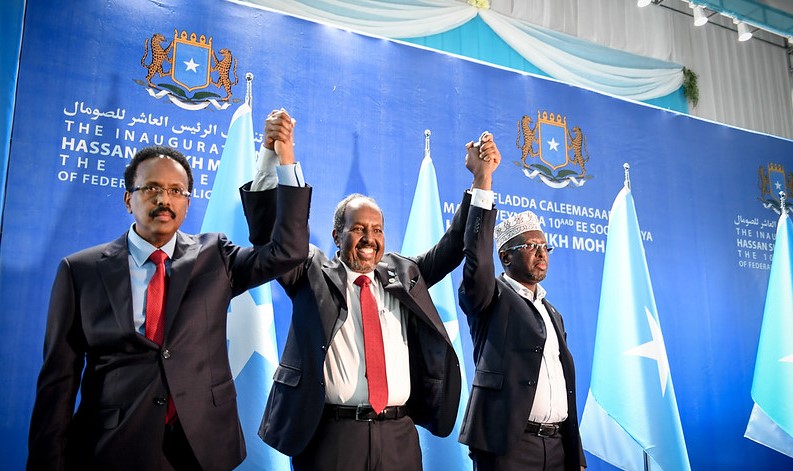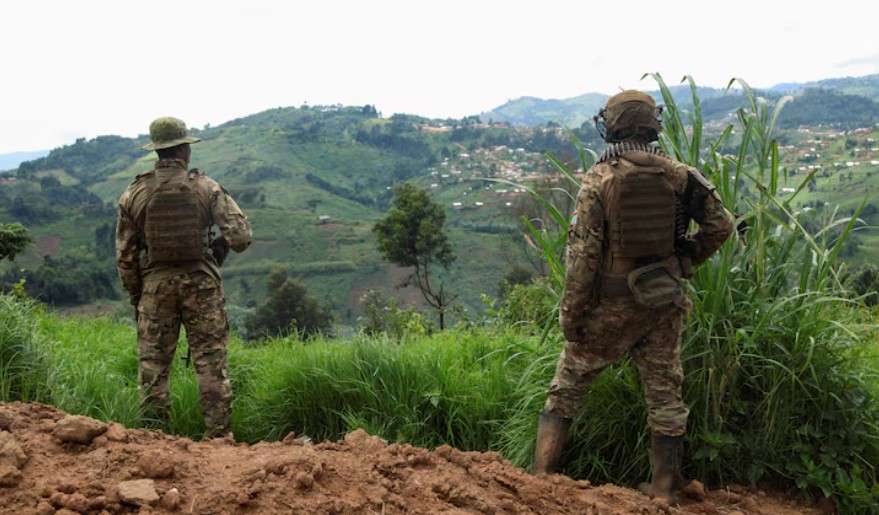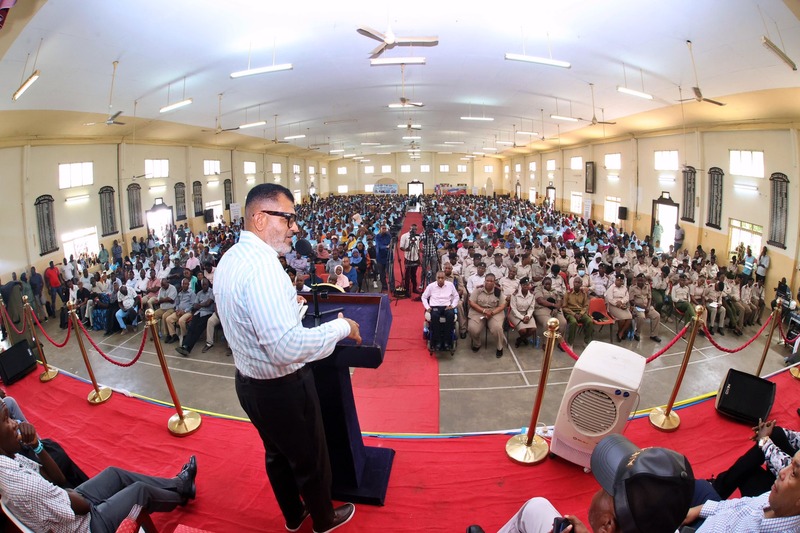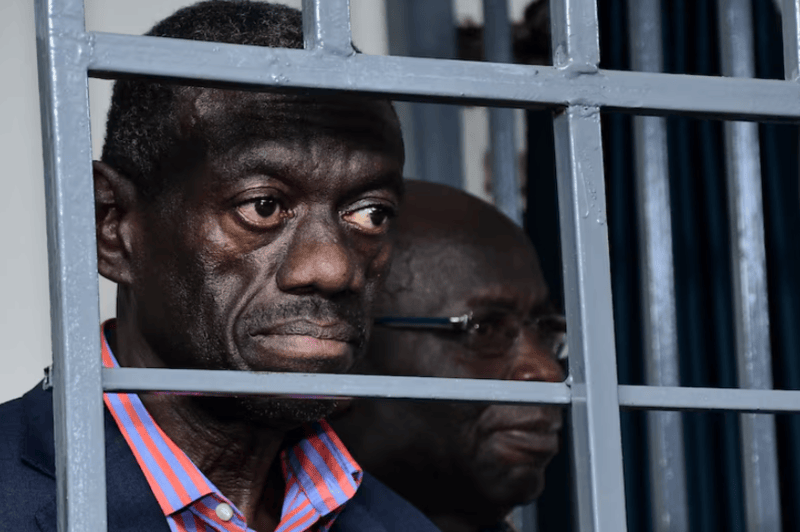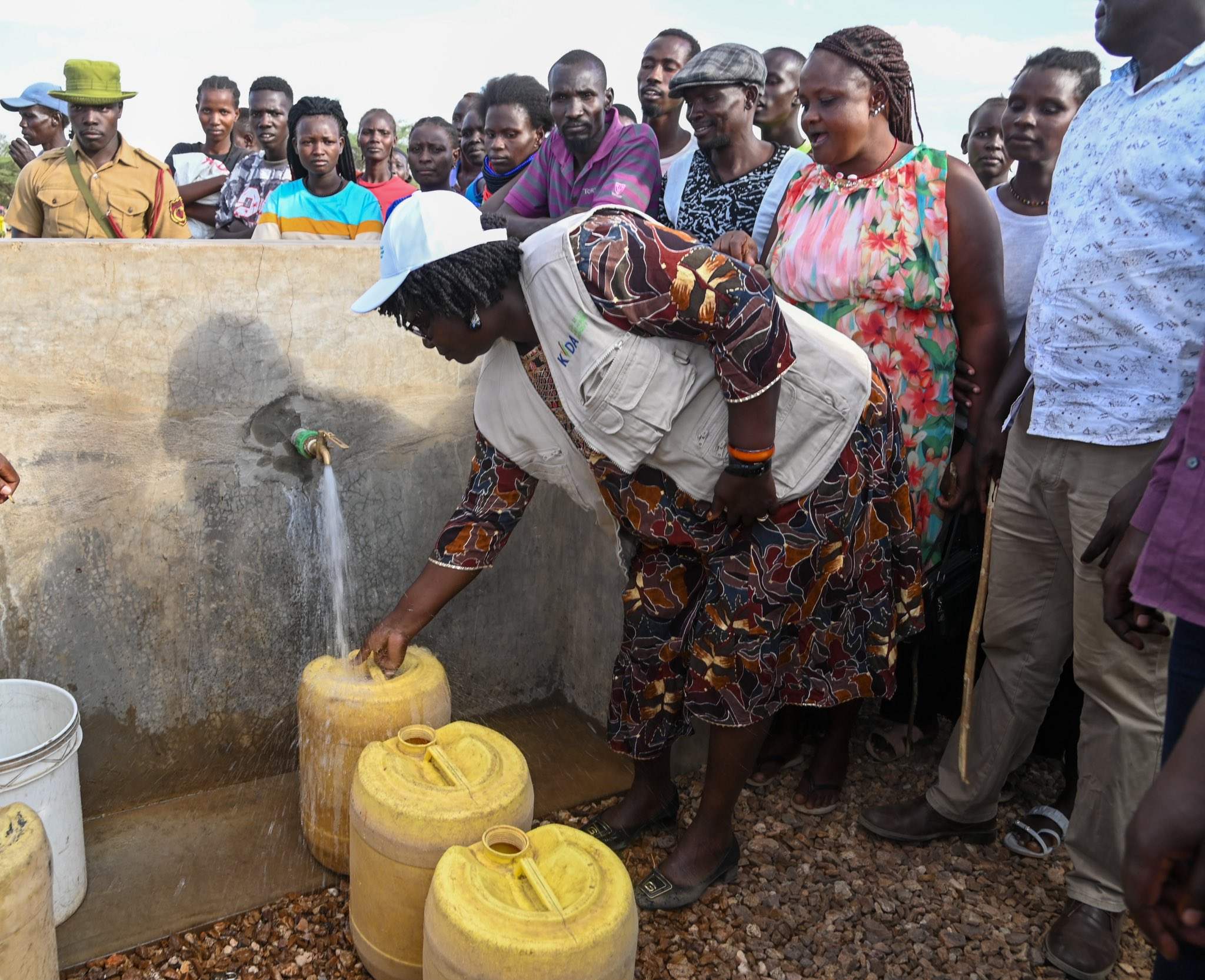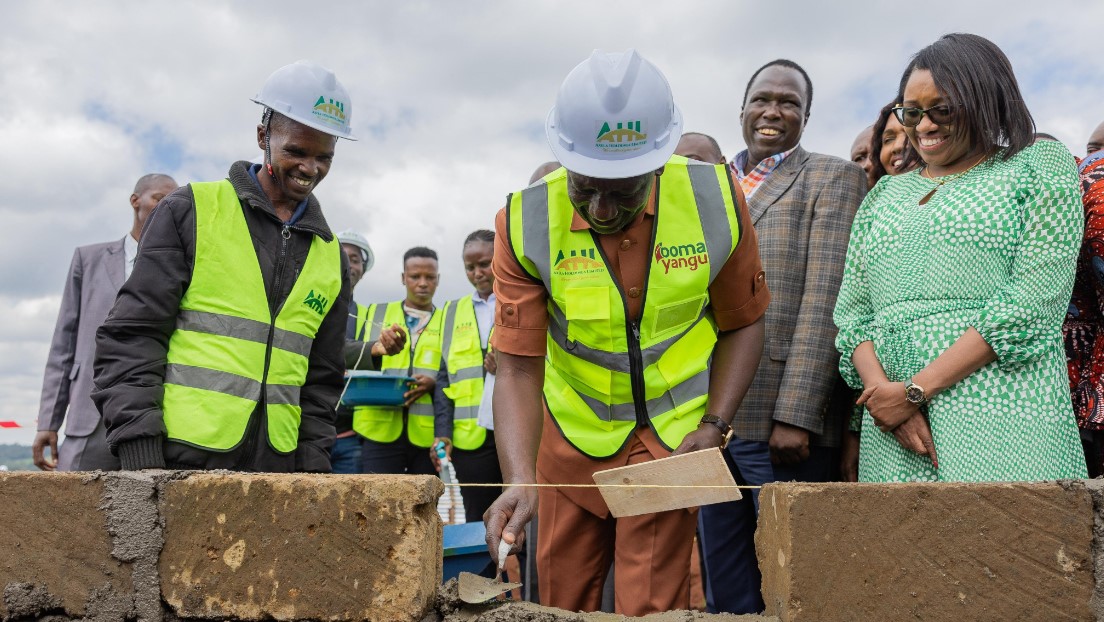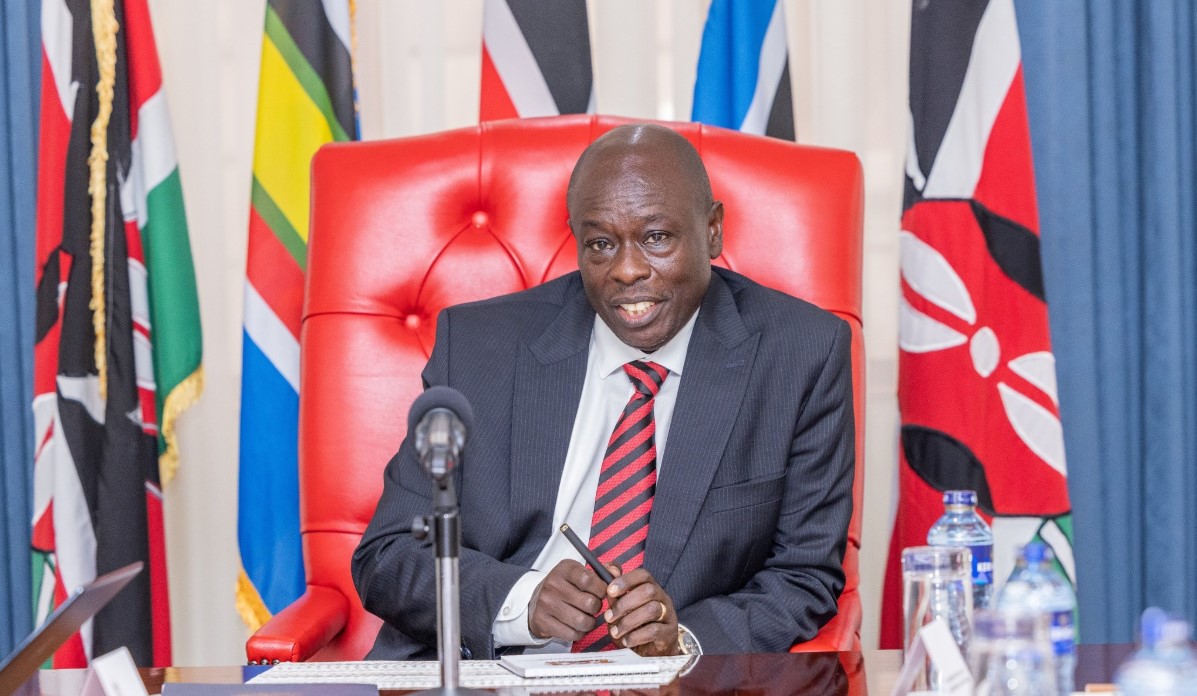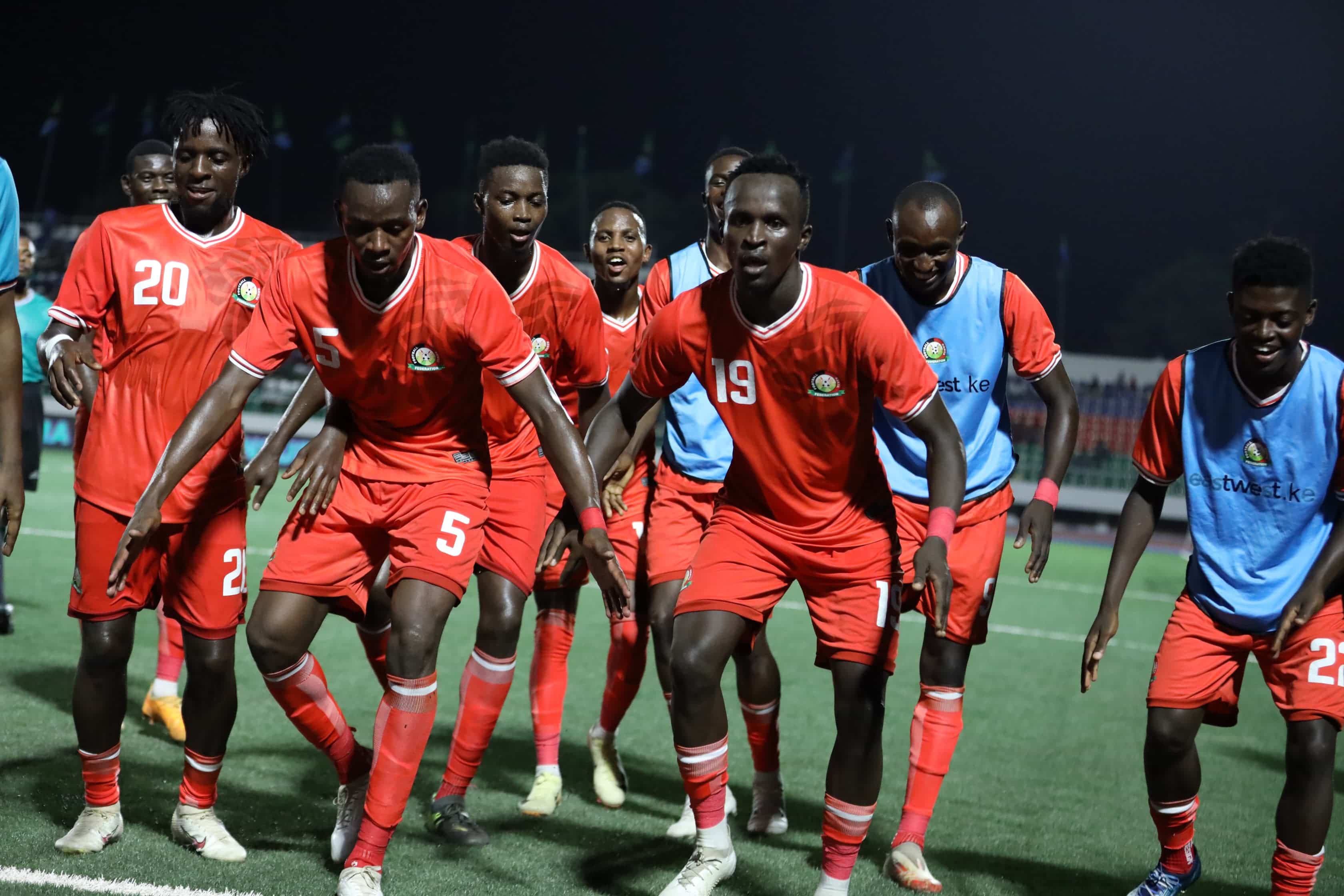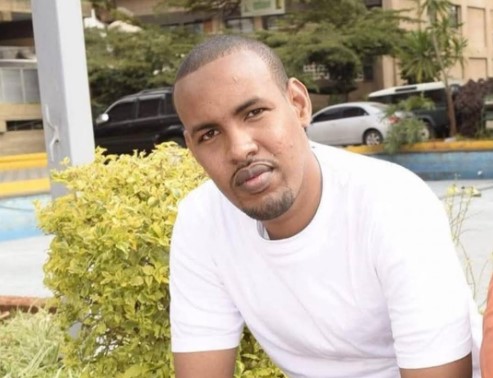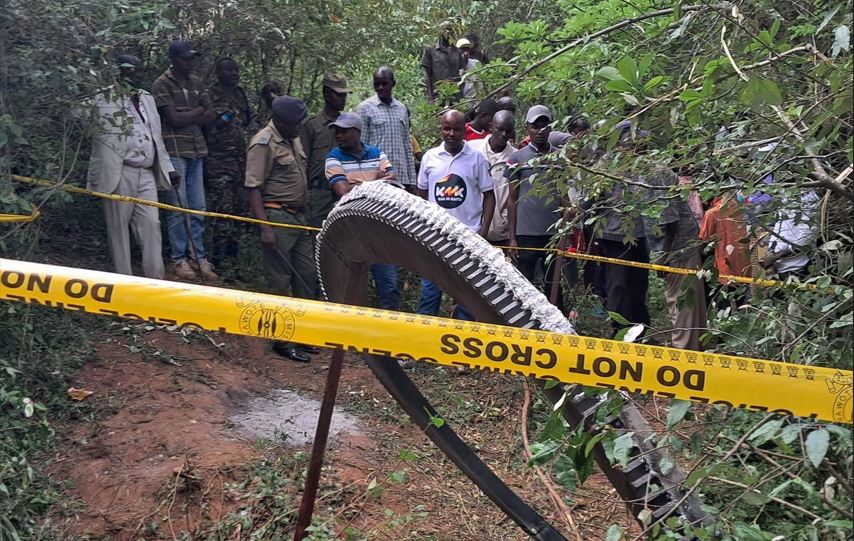Besigye sues Kenya, Uganda at the East African Court of Justice over alleged abduction
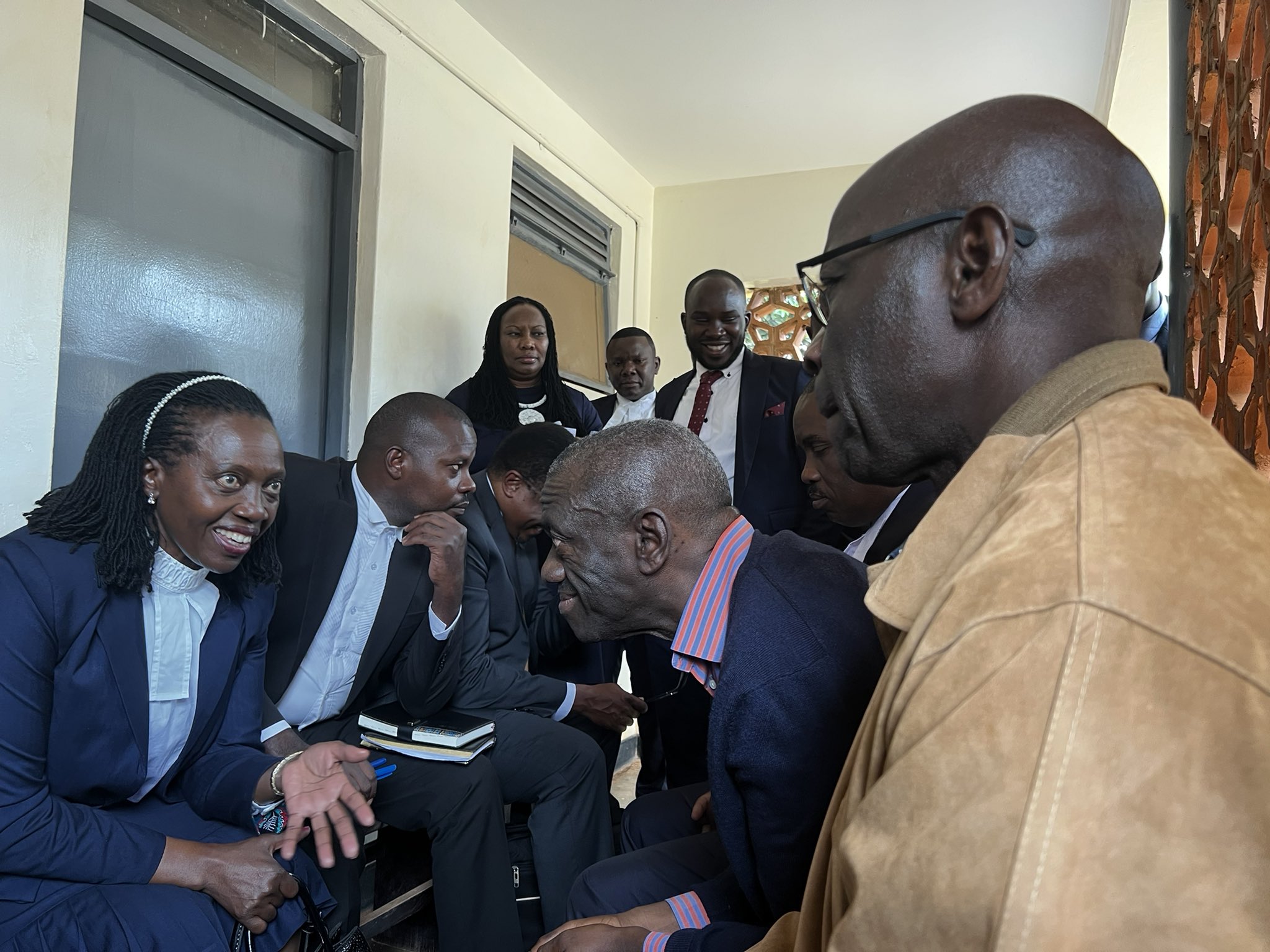
Observers argue that the General Court Martial in Makindye, where Besigye and Lutale are facing charges of undermining national security and illegal possession of firearms, lacks both impartiality and jurisdiction.
Uganda's opposition leader, Dr Kizza Besigye, has sued the Kenya and Uganda governments at the East African Court of Justice over his alleged abduction from Nairobi and subsequent forced arraignment before a Ugandan military court in Kampala, despite being a civilian.
The petition, lodged on behalf of Besigye and Lutale, alleges that the two were unlawfully abducted by Ugandan security personnel in Nairobi, Kenya, on November 16, 2024. The lawyers also claim that Kenyan authorities were complicit in the abduction, an accusation that has raised concerns about Kenya’s commitment to democratic principles and human rights.
More To Read
- Drama in court as Ugandan lawyer jailed for nine months during Besigye trial
- Uganda Law Council grants Karua special practising certificate to represent Besigye
- Ruto: Raila Odinga is not AUC candidate for Kenya but for East Africa
- Somalia takes over leadership of East African Standby Force from Rwanda
Besigye and Lutale were in Nairobi to attend the launch of lawyer and politician Martha Karua’s book when they were reportedly seized by Ugandan security agents.
According to the petitioners, this act violated international and regional legal standards, including provisions in the Treaty for the Establishment of the East African Community (EAC).
“The actions of both the Kenyan and Ugandan governments are a direct violation of the EAC Treaty. This abduction undermines the spirit of cooperation and mutual respect that should guide our regional integration efforts,” said Andrew Karamagi, one of the lawyers representing the petitioners.
The petitioners also condemned the subsequent trial of Besigye and Lutale in Uganda’s General Court Martial, a military tribunal, arguing that civilians should not be subjected to military justice.
“The use of a military court to try civilians is not only illegal but also a blatant disregard for judicial independence and fairness. This trial cannot possibly guarantee a fair and impartial process,” said Godwin Toko, another lawyer representing the two men.
The case has put Kenya under intense scrutiny, with the petitioners accusing Kenyan authorities of failing to intervene or investigate the incident. The lawyers argue that by allowing such an abduction to occur on Kenyan soil, Kenya risks damaging its reputation as a democratic safe haven in the region.
“Kenya is seen as a beacon of democracy and rule of law in East Africa, but this incident casts a dark shadow over that image. The Kenyan authorities must answer for their role in allowing this illegal action to unfold on their territory,” said Anthony Odur, a member of Besigye’s legal team.
Military tribunals condemned
Human rights groups have also weighed in, condemning the use of military tribunals to try civilians.
Observers argue that the General Court Martial in Makindye, where Besigye and Lutale are facing charges of undermining national security and illegal possession of firearms, lacks both impartiality and jurisdiction.
“The use of military courts to try civilians is a violation of both domestic and international law. We are deeply concerned about the potential for unfair trials and political persecution in this case,” a spokesperson from Human Rights Watch said.
The legal proceedings are rapidly evolving.
On December 2, 2024, the General Court Martial in Uganda ordered Besigye and Lutale to be remanded in Luzira Prison for an additional eight days, pending the completion of their legal preparations. Their defence team is seeking to secure a temporary practising certificate for Martha Karua, who is set to lead their defence in court.
The next hearing for the two men in Uganda has been scheduled for December 10, 2024.
Meanwhile, the East African Court of Justice is expected to expedite its proceedings in the coming weeks, with the petitioners hopeful that the regional court will rule in their favour.


